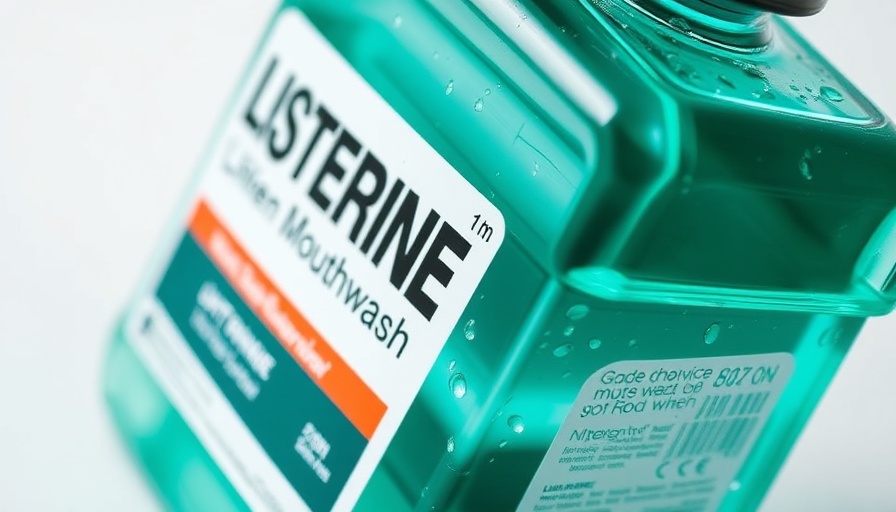
Listerine's Legal Entanglement: Allegations and Responses
Recent legal proceedings have thrust Listerine Cool Mint mouthwash into the spotlight, as a lawsuit claims its usage correlates with an increase in cancer-causing bacteria. The legal action, initiated by Paige Vasseur, targets Johnson & Johnson Consumer Inc. and Kenvue Inc. for failing to caution users about potential risks. Central to this lawsuit is a study that observed an escalation of certain harmful bacteria within the oral microbiome of those using this popular mouthwash. However, it's vital to note that the alleged connection between Listerine and cancer remains unverified, with industry representatives maintaining the product's safety when used as directed.
Unveiling the Controversial Study: What the Research Entails
The study at the heart of the lawsuit involved 59 male participants who had their oral microbiomes examined after using Listerine Cool Mint in comparison to a non-alcoholic placebo. Results showed users of the Cool Mint version had higher levels of Streptococcus anginosus and Fusobacterium nucleatum, bacteria linked to serious illnesses like colorectal and esophageal cancers. Despite the worrisome findings, industry experts emphasize the insignificance of a single study's outcome, arguing that Listerine remains one of the thoroughly tested mouthwash brands globally.
Insights from Dental Professionals: The Big Picture
Dentists and professionals offer diverse perspectives on the use of alcohol-containing mouthwashes such as Listerine. Notably, Dr. Irene Grafman, a cosmetic dentist from New York, shares that she generally advises against using mouthwash. She believes it doesn’t provide substantial benefits to oral health regimes. Her stance resonates with previous systematic reviews suggesting a lack of definitive evidence linking mouthwash with oral cancer development.
Future Predictions and Trends: The Path Ahead for Oral Health
The ongoing lawsuit could ignite a wave of changes within the oral care industry, shifting consumer preferences and prompting further research into mouthwash formulations. We could see a rise in demand for alcohol-free and naturally derived mouth rinses as people become more conscious about the products they use. This legal battle serves as a catalyst, urging manufacturers to focus on transparency and safety in product marketing while pushing scientists towards broader research for conclusive evidence on oral care products' health impacts.
Historical Context and Background: Tracing Mouthwash Evolution
Introduced in the 19th century, Listerine was formulated initially as a surgical antiseptic before becoming a staple in oral hygiene routines. Its alcohol content has been a defining feature, touted for killing bacteria and maintaining fresh breath. However, as consumer awareness grows, historical reliance on such ingredients is now being re-examined. This lawsuit is a testament to the evolving perception and scrutiny of oral healthcare products, setting a precedent for how companies approach product development and consumer trust.
 Add Row
Add Row  Add
Add 






Write A Comment